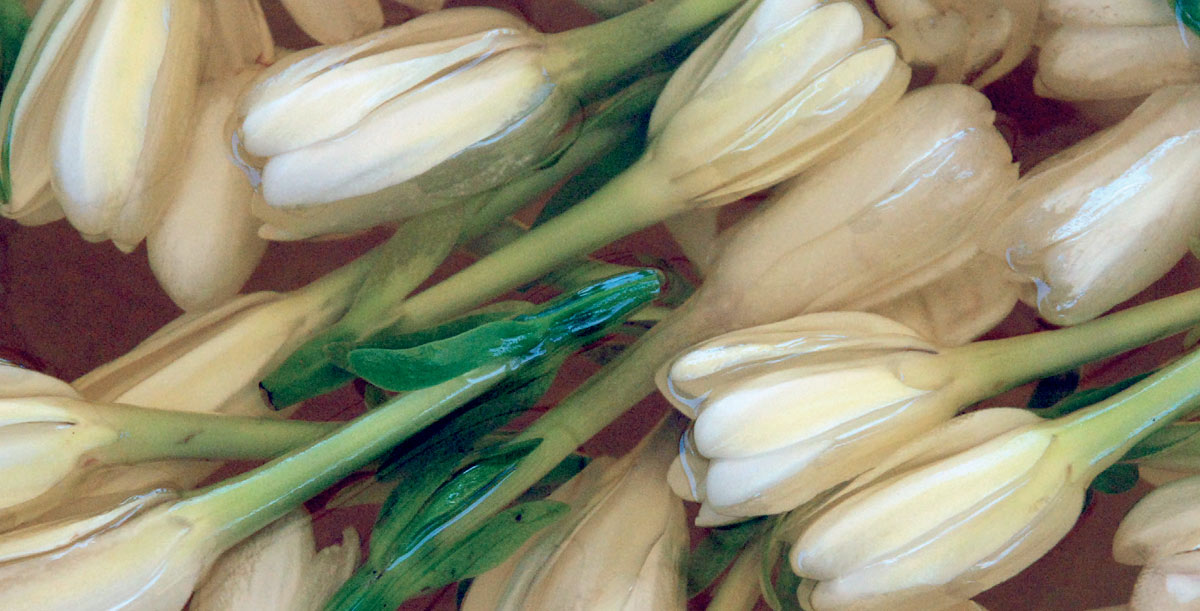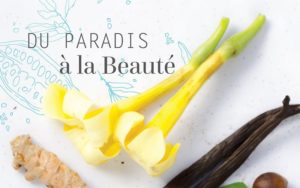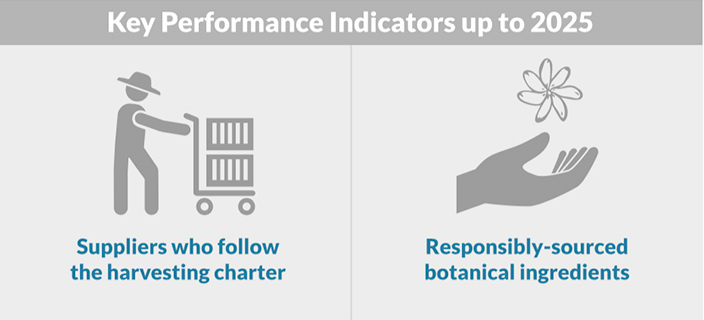
Respecting resources
Overuse, damage, climate change—people can be considered the primary cause of species extinction. And yet, people have the opportunity and the means to reverse the trend. Still, they must understand this concept, the interest of preserving biodiversity; they must learn the ways of protecting, conserving and managing nature. With a view to respecting resources, we are taking action to raise awareness among all of our natural resource suppliers to ensure that the procurement of our raw materials respects biodiversity. Among these actions, we are currently updating all of our specifications to establish sustainable harvesting methods. We also plan to draft a purchasing charter and a harvesting charter for distribution to our network. With these actions, we hope to improve resource management and limit the spread of invasive species. We select suppliers who apply methods that are favorable to the development of organic farming and who meet the challenges of biodiversity. As part of our R&D and our future promotions, all of our new projects include the selection of non-polluting renewable solvents sourced from plant materials, agro-solvents, and their recycling requirements to avoid excessive consumption. During industrial finalization, processes undergo approval to determine the different technical steps to guarantee output quality and define volumes. The output of raw material processing, in plant oils and juices, is monitored with every production batch.
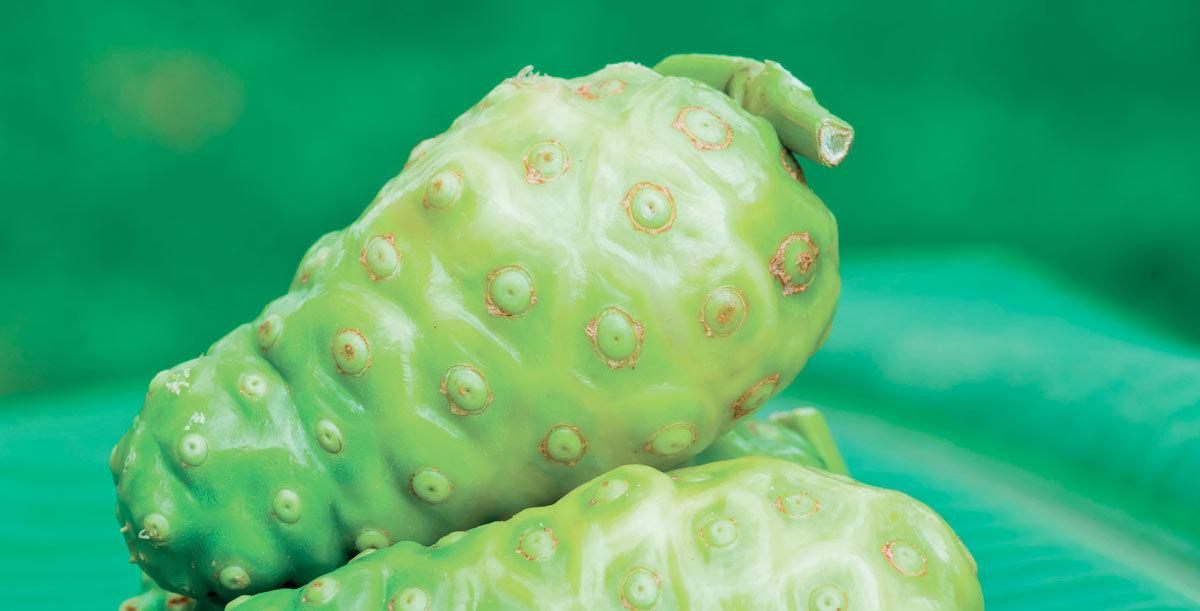
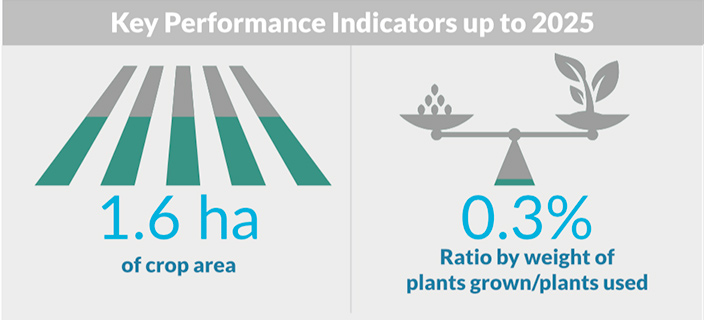
Preserving plant species
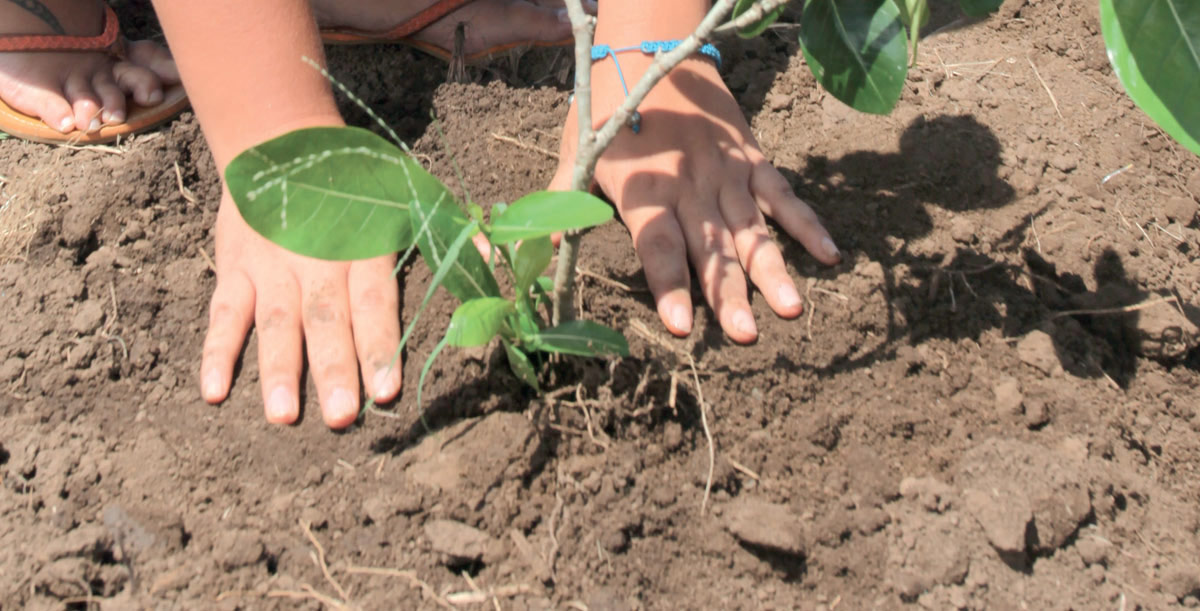
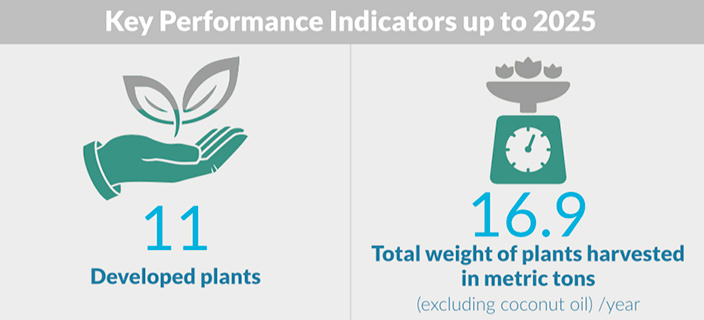
Developing Polynesian resources
